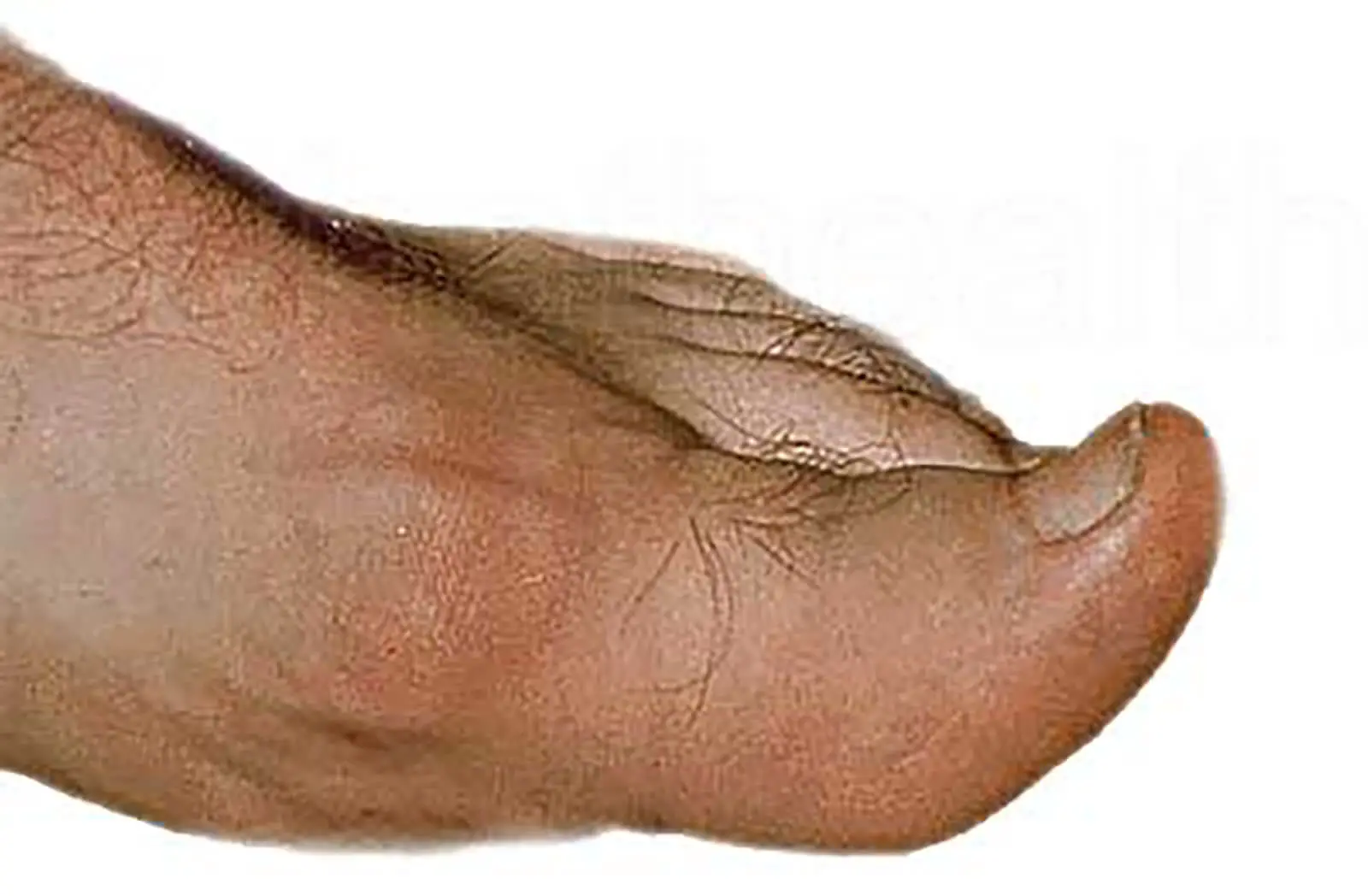
Over the past nine months I have suffered from a mysterious recurring pain in one of my big toes. This is not an ache: it is an intense, debilitating pain that makes all other thoughts and feelings disappear. It has usually lasted for a few days, during which time I have treated it with mega-doses of ibuprofen and rest. Then it recedes, only to reappear suddenly and without obvious cause a few months later.
This last bout was the most difficult to overcome, waking me up at night, making it impossible to wear regular shoes or to walk with any degree of normalcy. In fact, it was so bad that I actually made an appointment with my doc to see what on earth was going on. After a few minutes of squeezing, prodding and asking me a few questions he concluded that I have gout. Gout?! What am I, some kind of red-meat-eating, hard-drinking idiot who doesn't pay any attention to my health? Not at all. As a friend of mine likes to quip, I'm not a vegetarian, I just mostly eat like one. As far as alcohol goes, I may have a drink or two per month, which I don't think makes me AA material.
So I began researching the causes of this annoying illness.
From the Mayo Clinic website:
Gout occurs when urate crystals accumulate around your joint, causing the inflammation and intense pain of a gout attack. Urate crystals can form when you have high levels of uric acid in your blood. Your body produces uric acid when it breaks down purines, substances that are found naturally in your body, as well as in certain foods, such as organ meats, anchovies, herring, asparagus and mushrooms.
Normally, uric acid dissolves in your blood and passes through your kidneys into your urine. But sometimes your body either produces too much uric acid or your kidneys excrete too little uric acid. When this happens, uric acid can build up, forming sharp, needle-like urate crystals in a joint or surrounding tissue that cause pain, inflammation and swelling.
And those sharp crystals commonly invade toes, which is precisely what happened to me. Among the factors that can lead to an excess of uric acid are: genetics (a family history of gout or other forms of arthritis), obesity, untreated hypertension, high consumption of red meat and certain seafoods, heavy alcohol use, and certain medications (chemotherapy drugs, aspirin and diuretics). The only indicator there for me is obesity - it runs in my family and has been the bane of my existence for my whole life. But as I've looked further into the chemistry of gout some other potential causes have become apparent.Going back as far as my teen years I have been on every imaginable weight loss plan. Carlton Fredericks, Weight Watchers, Atkins, Optifast... you name it, I've tried it. What the strictest of these diets have in common is exactly what I now believe is partially to blame for the onset of gout in my body.
Very low calorie diets cause the body to go into "starvation mode", in which one's body breaks down more muscle than fat and greater quantities of ketones are created. Ketones are a by-product or waste product that appears when your body burns stored fat for energy. The ketones also inhibit uric acid excretion. Persons who go on very low calorie (less than 900 calories per day), actually can cause their uric acid levels to go even higher, which increases the risk of gout.
From About.com's article on diabetes:
Ketosis is a natural process that occurs when fats are converted into energy by the body -- usually when there is not enough glucose (carbohydrates) to provide for the body's energy needs. Instead, the fat is broken down into energy, and "ketone bodies" are the molecular by-products of this metabolic process.
Ketosis may occur during fasting, after an extended period of exercise, or when a high-fat/low carb diet is followed.So, very low calorie diets cause ketosis, one clear risk factor for developing gout. One of the diets I used about twenty years ago was the Optifast diet (remember when Oprah was pushing this one?). This was a long term fasting plan which consisted of nothing but a liquid protein that, if I remember correctly, was around 800 calories per day. I lost a lot of weight on this plan, of course.
About a decade later, after having re-gained all of that weight, I decided to try the Dr. Atkins diet for the second time in my life (I had been on it for awhile as a teenager). This diet specifically induces ketosis by only allowing the consumption of protein with little or no carbohydrate.
I believe that this history of low calorie, low-carb, ketosis-inducing dieting, along with my hereditary obesity is the main precipitating factor in the onset of my gout. If the world needed more proof that dieting is not only ineffective but also downright dangerous, I think that the link to gout would certainly qualify.